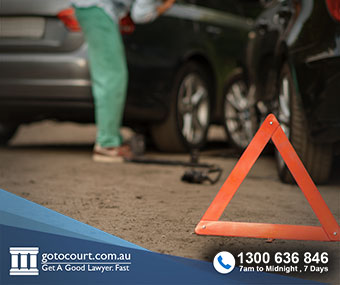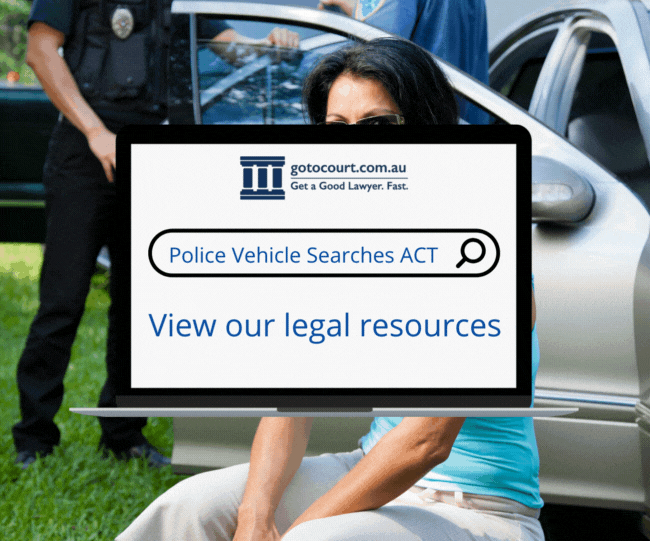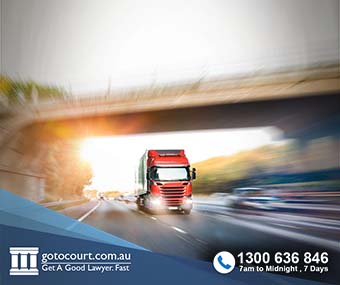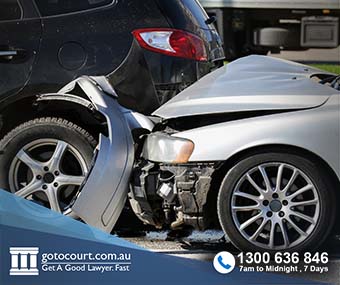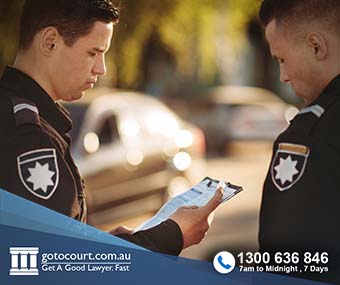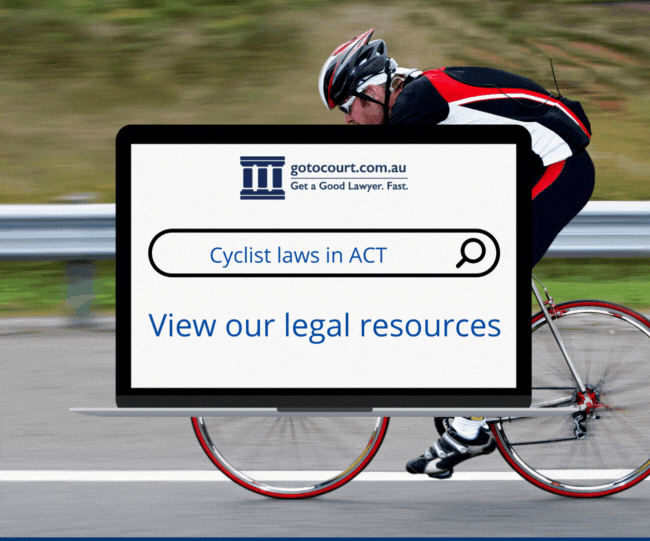Failing to stop for police in the ACT
The Australian Capital Territory regulates the traffic laws in the Road Transport (Safety & Traffic Management) Act 1999 and the Road Transport (Safety and Traffic Management) Regulations 2000. These laws exist to try to minimise the number of accidents and fatalities that occur each year on ACT roads by ensuring that those who do not comply with the law or evade police are caught and given significant penalties.
Failing to stop for police in the ACT is considered an offence under these laws. Below is an overview of the offences with which you may be charged on ACT roads if you fail to comply with a direction to stop by a police officer. These offences carry penalties that range from a small fine to a prison sentence. It is important that you know your rights and obligations when dealing with police on public roads to avoid any such infringements.
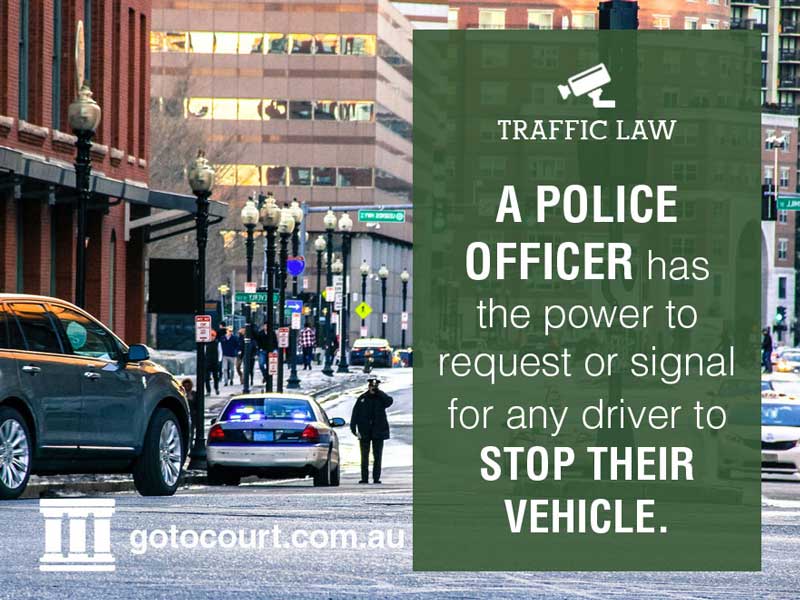
Failing to stop for police
Under section 109 of the Regulations, a police officer is given the power to request or signal for any driver to stop their vehicle. Under the same section, it is made an offence to fail to comply with any such direction without a reasonable excuse.
The penalty for this offence is a maximum of 20 penalty units, which is roughly $3,000. This may not be a significant penalty for some, however, it is important to note that harsher penalties may be handed down in some circumstances. These are explained below in more detail.
Furious/reckless/dangerous driving
Under the Road Transport (Safety & Traffic Management) Act 1999, you may be charged in the ACT with driving furiously, recklessly or dangerously. This includes circumstances where the alleged offender is speeding or driving in a way that puts other motorists at risk of injury. If charged under the Act, you may face a maximum penalty of $15,000 and/or a period of imprisonment not exceeding 1 year.
Harsher penalties may also apply if you have engaged in reckless, furious or dangerous driving and have also failed to comply with a direction to stop your motor vehicle. This is known as an aggravated offence under the Act. An aggravated offence will carry a maximum penalty of a $45,000 fine and/or a term of imprisonment not exceeding 3 years, or, for a repeat offence, a $75,000 fine and/or imprisonment for a term not exceeding 5 years.
There are other circumstances that will give rise to an aggravated offence, these include driving under the influence of drugs/alcohol, speeding or underage driving. Therefore you should be aware that much harsher penalties will be imposed if you fail to comply with a direction to stop and you have also infringed another section of the Act.
Failing to stop after an accident
You are also obliged by law in the ACT to stop your motor vehicle and assist after an accident in circumstances where a person is injured. The Act directs you to stop straightaway and give any assistance that is required. Any failure to stop your motor vehicle after an accident may result in a fine of up to $30,000 and/or a jail term of up to 2 years.
Failing to identify the driver
If your vehicle, or a vehicle for which you are responsible at the time, is involved in a road traffic offence, you are required to provide to police information about the identity and whereabouts of the person driving the car at the time of the offence. Even if you are not responsible for the vehicle, if you have any information about who was driving a vehicle which was involved in a traffic offence, you are also obliged to provide that information to police. Failing to do so could result in a penalty of anywhere from a $3,000 fine up to a $45,000 fine and/or 3 years in jail.
When directed to stop by a police officer, you maybe asked to provide details and/or answer various questions. Whilst you do have the right to refuse to answer certain questions, refusing to provide the basic details required by the ACT police may result in an infringement of the Act. Therefore, it is always a good idea to provide details such as your name, address and your driver’s licence and registration details, if asked by a police officer. Any refusal to provide this information may lead to a charge and possibly a fine.
As stated above, the regulations allow the alleged offender to plead a defence that they had a reasonable excuse not to stop the motor vehicle after being directed to do so. The Regulations do not provide any detail on what constitutes a reasonable excuse so it will depend on the specific circumstances of each case. It is a good idea to seek the advice of a lawyer prior to arguing this defence.


